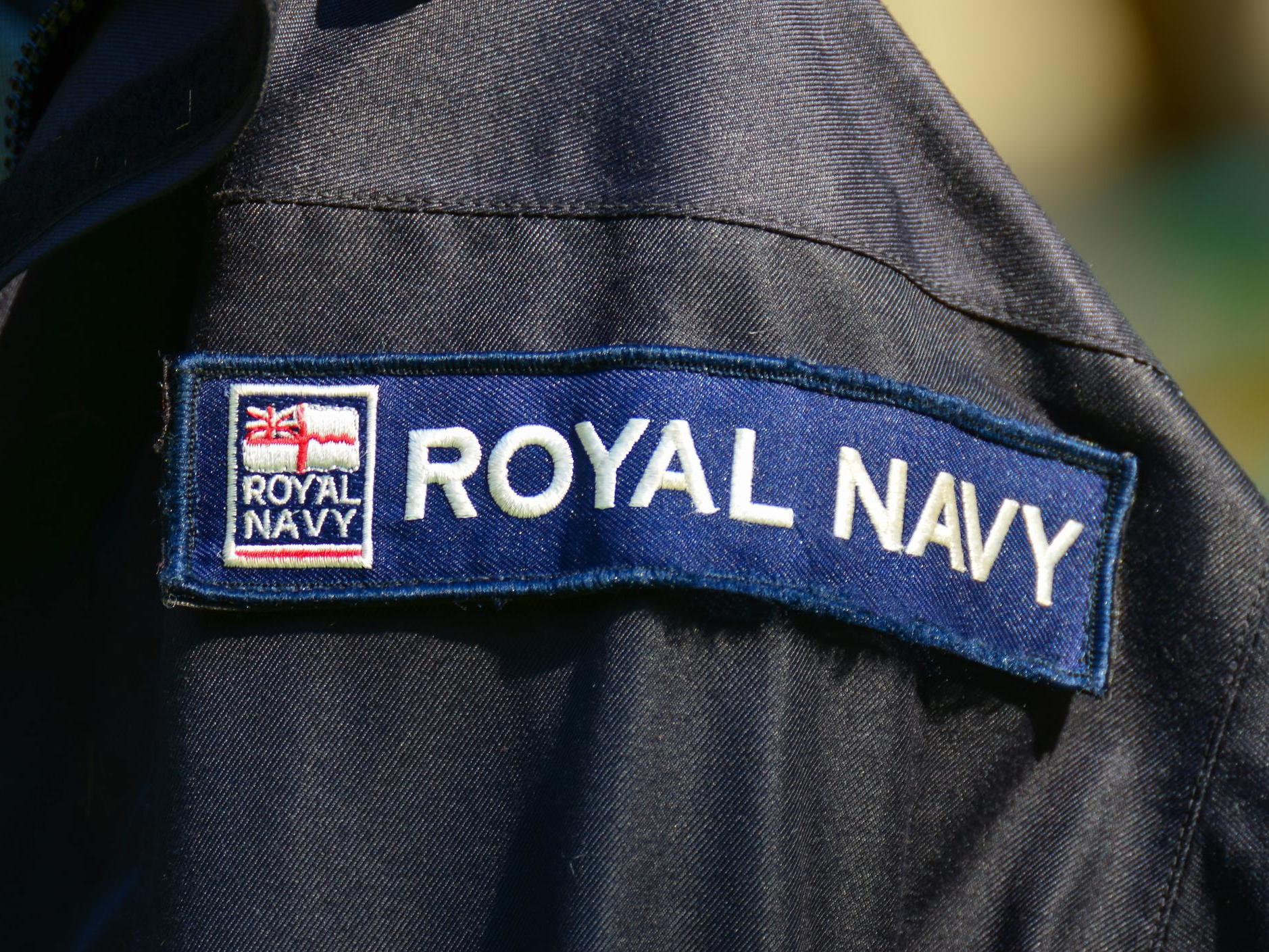
Part of the Royal Navy's headquarters has been forced to temporarily close after dangerous Legionella bacteria was found in the water system.
Leach building, the main section of Navy Command headquarters (NCHQ) in Portsmouth Harbour, is understood to have shut while the bacteria is treated and flushed out.
However, no staff are thought to have fallen ill or reported symptoms so far for Legionnaires’ disease - the disease caused by the bacteria, which is fatal in 10 per cent of cases.
The First Sea Lord - the head of the navy - is among the staff based at the building in HMS Excellent on Whale Island in the Hampshire port city.
“A building in HMS Excellent, Whale Island has been temporarily closed after legionella was detected,” a Royal Navy spokesperson said.
“Cleaning is ongoing to ensure the safety of the water supply.”
The spokesperson added that there had been no impact on the Royal Navy’s operations from the closure.
It came one day after Legionella bacteria was detected in parts of the water supply at the Ministry of Defence's Abbey Wood site in Filton, Bristol, which houses its Defence Equipment and Support (DE&S) organisation.
No members of staff have reported symptoms so far, like in the Royal Navy case.
Public Health England (PHE) warned businesses in May to flush out the water supply in their building before reopening as the bacteria could have built up during the coronavirus lockdown.
Legionella bacteria is naturally present in water systems and can build it in dormant water, particularly during periods of warm weather.
The bacteria multiply when the temperature of water is between 25C and 50C or if there is poor or no flow into the system.
“Regular flushing out of the premises' water system throughout the shutdown period is required,” PHE said.
The Health and Safety Executive (HSE) has said Legionnaires’ disease can be especially dangerous for people over 45 years of age, smokers and heavy drinkers, and those with underlying health conditions.
Additional reporting by PA







